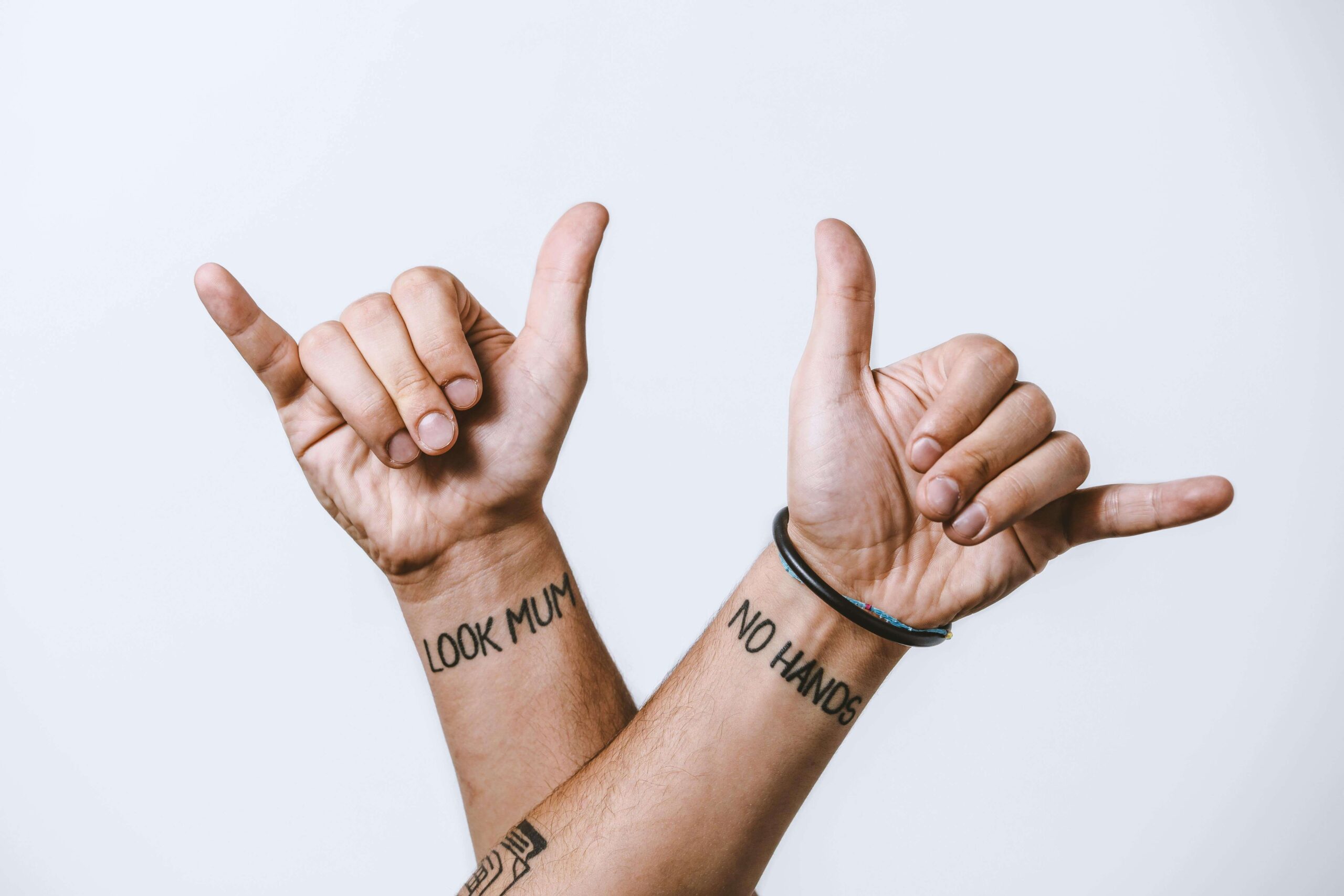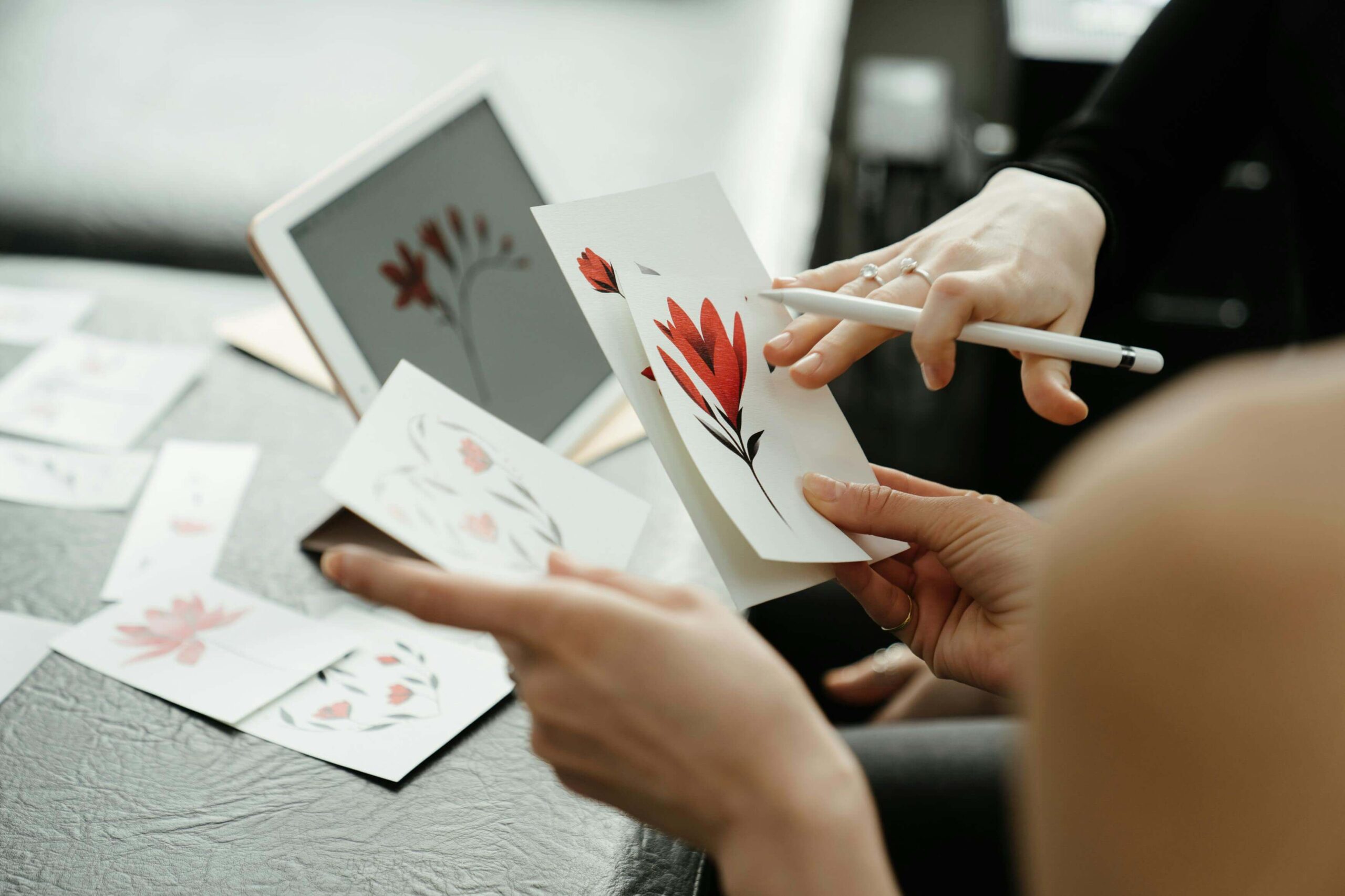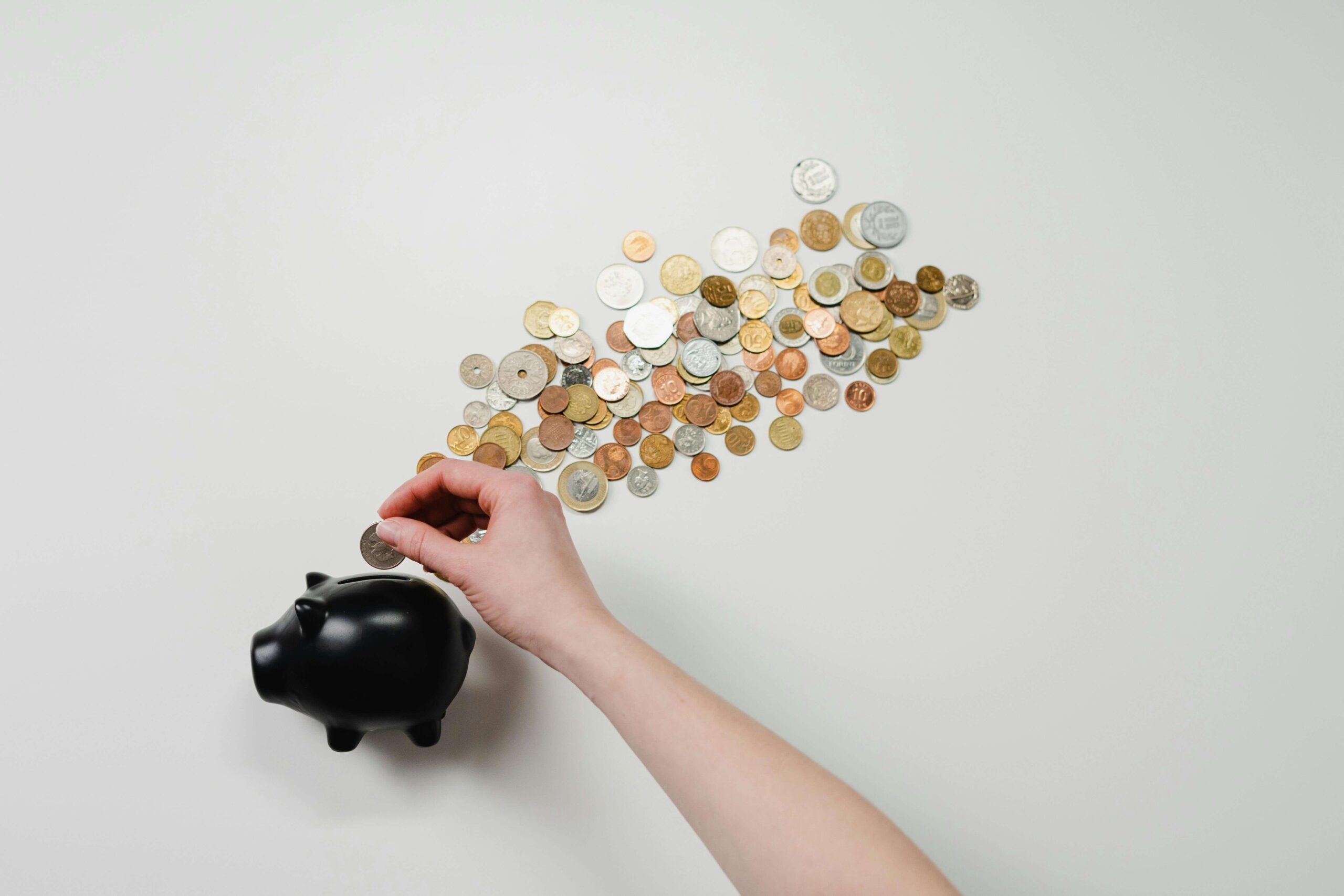Getting your first tattoo is an exhilarating milestone that marks a significant moment in your life. Whether you’ve been dreaming of this moment for years or recently decided to take the plunge, proper preparation is key to ensuring a positive and memorable tattooing experience. In this blog, we’ll explore essential tips to help you prepare for your first tattoo, from choosing the right design to taking care of yourself during the tattooing process.
Research and Choose the Right Design: The first step in preparing for your first tattoo is choosing the right design. Take your time to research different tattoo styles, motifs, and artists to find a design that resonates with you on a deep level. Consider the symbolism, meaning, and visual aesthetics of the design, and select one that reflects your personality, values, and interests.
Select a Reputable Tattoo Artist and Studio: Once you’ve chosen your design, it’s essential to find a reputable tattoo artist and studio to bring your vision to life. Research local tattoo artists, read reviews, and browse portfolios to find an artist whose style aligns with your vision. Visit the studio in person to assess cleanliness, professionalism, and adherence to safety protocols.
Schedule a Consultation with Your Tattoo Artist: Schedule a consultation with your chosen tattoo artist to discuss your design ideas, preferences, and expectations. Use this opportunity to communicate openly and share any concerns or questions you may have. Trust your artist’s expertise and be open to their suggestions and recommendations for optimizing your design and tattoo placement.
Prepare Mentally and Emotionally: Getting your first tattoo can evoke a range of emotions, from excitement and anticipation to nervousness and apprehension. Take time to prepare yourself mentally and emotionally for the experience ahead. Visualize yourself getting tattooed, practice deep breathing exercises, and remind yourself of the reasons why you chose to get inked.
Eat Well and Stay Hydrated: Prior to your tattoo appointment, make sure to eat a nutritious meal and stay hydrated to ensure your body is in optimal condition for the tattooing process. Avoid consuming alcohol or caffeine, as they can increase sensitivity and affect your body’s ability to heal. Aim to get a good night’s sleep to feel well-rested and refreshed on the day of your tattoo.
Dress Comfortably and Appropriately: Choose comfortable and appropriate clothing to wear to your tattoo appointment. Opt for loose-fitting clothing that provides easy access to the area where you’ll be getting tattooed. Avoid wearing tight or restrictive clothing that may interfere with the tattooing process or cause discomfort during extended periods of sitting.
Bring Essential Items and Necessities: Pack a small bag with essential items and necessities to bring to your tattoo appointment. This may include government-issued identification, payment for your tattoo, any reference materials or inspiration images, and personal items such as a water bottle, snacks, and entertainment to keep you comfortable and occupied during the tattooing process.
Communicate with Your Tattoo Artist: During your tattoo appointment, communicate openly and honestly with your tattoo artist about your comfort level, pain tolerance, and any concerns or questions you may have. Don’t hesitate to ask for breaks if needed, and trust your artist’s expertise in providing guidance and reassurance throughout the tattooing process.
Preparing for your first tattoo is an exciting and transformative journey that requires careful consideration and planning. By researching and choosing the right design, selecting a reputable tattoo artist and studio, scheduling a consultation, preparing mentally and emotionally, eating well and staying hydrated, dressing comfortably, bringing essential items, and communicating openly with your tattoo artist, you can set yourself up for a positive and memorable tattooing experience. Embrace the process, trust your instincts, and let your first tattoo be a celebration of your unique identity and self-expression.



